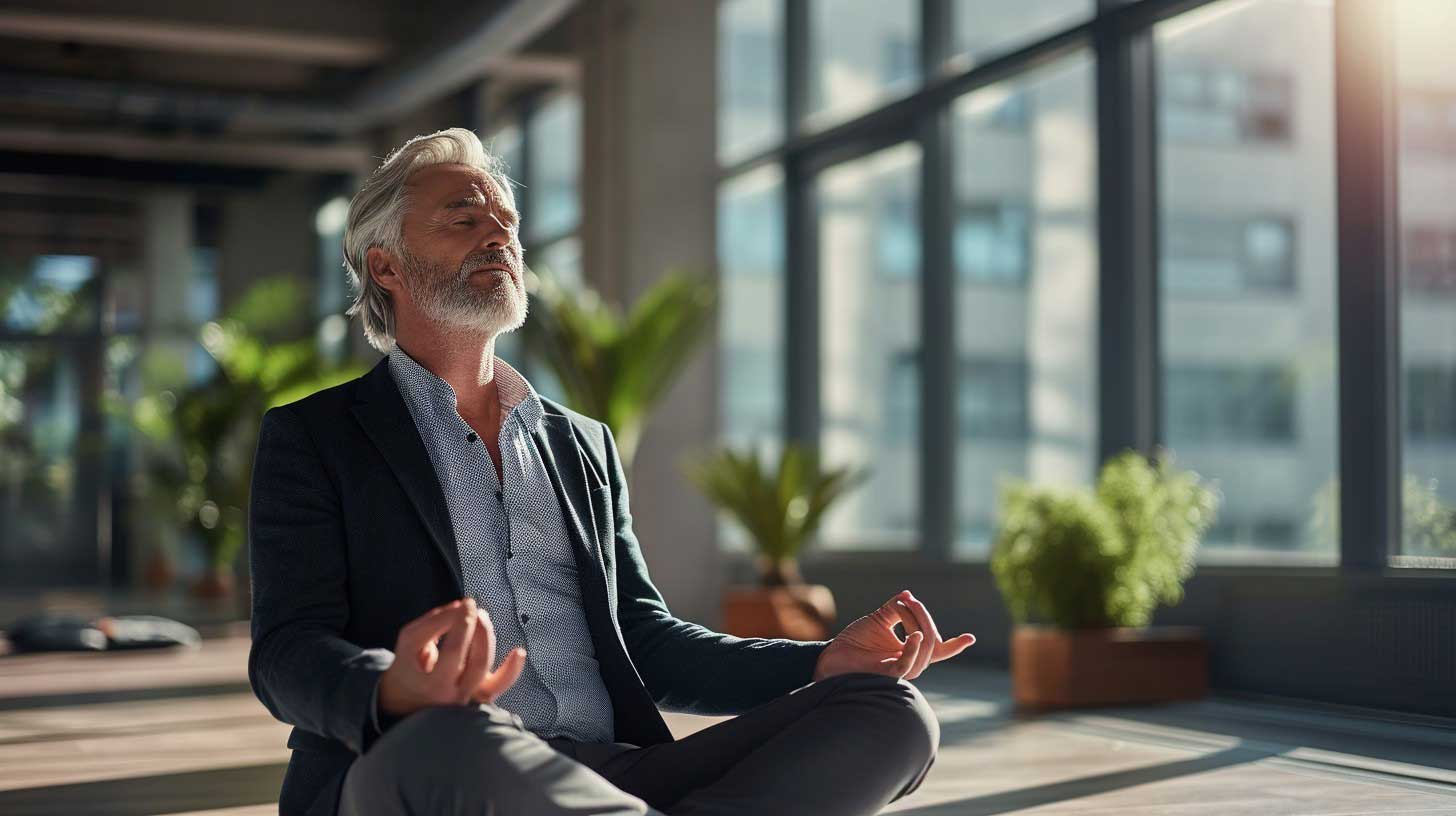Mindfulness and Mental Health: Techniques for Everyday Stress Relief
In today's busy society, stress is something many people have to endure regardless. Be it work stress, personal issues, or the increased complexity of day to day tasks, stress is negative for both bodily and mental health. Borrows from ancient practices, mindfulness has emerged in modern society as an effective method of stress management and mental health management.
What is Mindfulness?
Mindfulness refers to a state of being completely aware of the present moment, your thoughts and emotions as well as the environment without judgement. Its more about how things are rather than how one responds to the stimuli. It is this simple practice that helps relieve stress and manage and enables people to gain perspective by being able to step back from their habitual responses.
What is the evidence of the benefits of mindfulness on mental health?
Mindfulness has been associated with improved mental health and positive mental health outcomes. It has been associated with the alleviation of anxiety, depression and chronic stress. When one truly lives in the present, mindfulness shatters unhelpful present day thinking that is so detrimental to mental well being. It encourages emotional control, improvement of intrapersonal relations, and instills a prevailing feeling of peace and satisfaction.
Strategies for Stress Management in Tasks
Mindful Breathing
- How it works: Being present and aware of your breath is perhaps one of the most basic techniques that can be beneficial. If your attention begins to drift, simply refocus it to your breath. Close your eyes, take a few deep breaths, and concentrate on the warmth of air going in through your nose, lungs, dhows and body, and then feeling cool air exiting the body.
- Why it helps: The sounds you emit and the depth of the breath you are taking can indeed be staggering if taken in with great focus. This type of deep, mindful breathing affects both the autonomic and somatic nervous systems, lowering your stress and bringing about a sense of ease.
Body Scan Meditation
- How it works: According to this approach, a person imagines a body scan, moving from one end of the body to the other and noticing all the sensations, tension, and discomfort to the skin. This process starts with the area of the toes, followed by the legs, abdominal and chest area, arms, and neck, while encouraging breathing in between the body movements.
- Why it helps: A scan of the body serves the purpose of knowing oneself, easing up tension, and centering oneself in the current moment.
Mindful Walking
- How it works: This involves mental rehearsal of feet touching the floor, count of the steps taken, the surrounding mimics, as well as maintaining an open posture while walking. Walking around with a phone around has to be avoided, and the exercise of walking has to be savored instead.
- Why it helps: It combines movement with focus and mindfulness making it the best method for de-stressing and clearing an individual's perspective.
Mindful Eating
- How it works: Stop rushing to finish the food, instead, focus on tasting every bite. Observe colors, textures, and flavors sneaked into each bite. Every time you chew, be attentive to how your body feels during and after the action.
- Why it helps: Developed intake of every bite along with a focus of the current moment, instead of any other actions, provides better digestion and makes a person less food centered.
Gratitude Practice
- How it works: Give yourself ample time to take a step back and acknowledge a few things that you have, or cherish. It could range from enjoying a sunset, a warm gesture of a friend, or having a sense of achievement.
- Why it helps: Gratitude expands awareness by helping one see the simpler and positive sides of life, leading to fewer tensions and better outcomes.
Progressive Muscle Relaxation
- How it works: Concentrate on tensing and then completely relaxing individual body muscle groups beginning with the toes and working one's way up to the head. Concentrate on opposites of clenched and loose states of being.
- Why it helps: A Progressive muscle relaxation routine provides muscle joints which are known to be a factor of stress in the body.
- Mindful Journaling How it works: Think it is a barrage of questions, involve yourself in the roller coaster ride of your thoughts on paper, use your gutt feeling, and keep penetrating till you reach the core of the problem. This practice helps you in gaining your emotions as well as rationality during experiences.
- Why it helps: Write and experience the world in black and white. Reading your own words would show you patterns in your thought process, which can be used for managing emotions. Integrating Mindfulness into Daily Life Activities While these techniques are beneficial by themselves, it is more effective when it is combined with daily activities.
Here are some of them:
- Start small: The mass media has given us the impression that more is better, and history proves us wrong. In this case, gentle preparation and more regular practice will bring desired results.
- Be consistent: General discipline would help here, but consistency is even more important. Whatever the benefits of the practice may be, it will never be fully realized without a minimum of a few minutes.
Give up control even if you find it hard at first;
- With time it does get easier: we all have to start somewhere. With focus, no panic, and no judgement it is most certainly over faster than imagined.
- Use reminders: Remember your therapy. Remind yourself why you decided to start therapy in the first place every single day in a weakness point of a person; defeat.
Conclusion
In the end, mindfulness can be adapted or modified to suit any individual, and it is a useful technique in stress management and improving one's mental health. Making mindfulness practices a part of your day will enable you to withstand the demands of the world while fostering internal stability. And lastly, as one must always remember, mindfulness is a practice, not an end. In time, you will grow into a more centered and stronger individual capable of overcoming all adversities.
Explore: Motivation and Goal Setting: The Key to Unlocking Your Full Potential



















